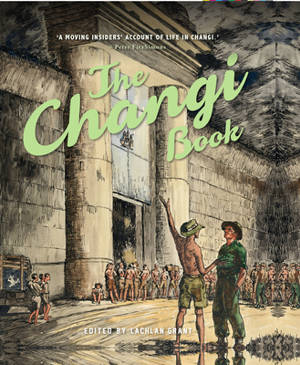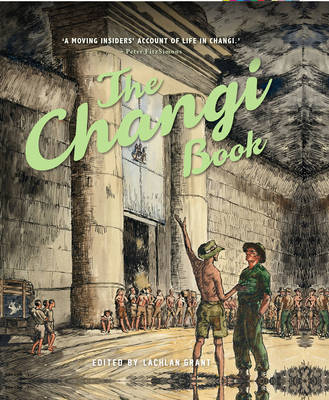
- Afhalen na 1 uur in een winkel met voorraad
- Gratis thuislevering in België vanaf € 30
- Ruim aanbod met 7 miljoen producten
- Afhalen na 1 uur in een winkel met voorraad
- Gratis thuislevering in België vanaf € 30
- Ruim aanbod met 7 miljoen producten
Zoeken
Omschrijving
In the tradition of The Anzac Book comes this fascinating collection of accounts of life in the notorious Changi prison camp. No other place is more closely associated with the Australian prisoner-of-war experience of the Second World War than Changi. With 15,000 Australian soldiers captured at the fall of Singapore, the camp has become synonymous with suffering and hardship. But the Changi story was also one of ingenuity, resourcefulness and survival. Containing essays, cartoons, paintings, and photographs created by prisoners of war, The Changi Book provides a unique view of the camp: life-saving medical innovation, machinery and tools created from spare parts and scrap, black-market dealings, sport and gambling, theatre productions, and the creation of a library and university. Originally slated for publication in 1945, the material for The Changi Book was recently unearthed in the Australian War Memorial archives. It appears here for the first time along with insights from the Memorial's experts and an introduction from historian Lachlan Grant.
Specificaties
Betrokkenen
- Auteur(s):
- Uitgeverij:
Inhoud
- Aantal bladzijden:
- 352
- Taal:
- Engels
Eigenschappen
- Productcode (EAN):
- 9781742231617
- Verschijningsdatum:
- 1/01/2016
- Uitvoering:
- Hardcover
- Formaat:
- Genaaid
- Afmetingen:
- 203 mm x 241 mm
- Gewicht:
- 1292 g

Alleen bij Standaard Boekhandel
+ 86 punten op je klantenkaart van Standaard Boekhandel
Beoordelingen
We publiceren alleen reviews die voldoen aan de voorwaarden voor reviews. Bekijk onze voorwaarden voor reviews.











